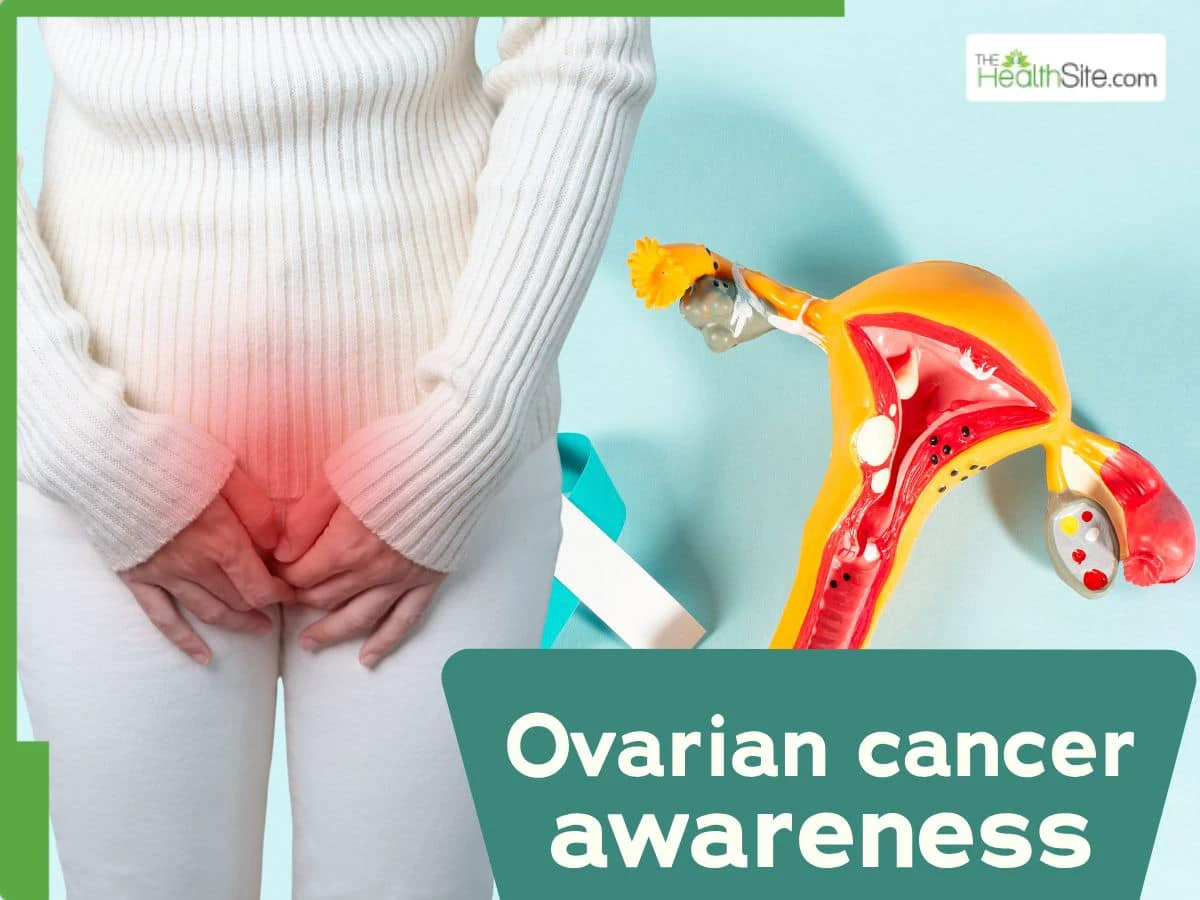Ovarian Cancer In Woman Causes: Learn about the hidden risk of obesity to Ovarian Cancer, and why early diagnosis is important.
Obesity is now a global health epidemic, which is widely understood as a significant risk for ovarian cancer ( the most deadly gynecologic malignancy that is often diagnosed at its advanced stages).
Evidence is emerging that an elevated body mass index is associated with an increased risk of ovarian cancer, particularly a non-serious type, associated with obesity. Weight management is crucial in mitigating the risk of this disease.
Ovarian cancer is one of the deadliest gynecologic cancer types, due to its tendency to be diagnosed in advanced stages. It is affected by both hereditary and reproductive history, which increases its risk of validation. The association of this cancer with obesity is growing in attention as an important contributor to risk. The rise in obesity rates has now been associated with ovarian cancer, which needs prevention, early detection, and crucial lifestyle changes.
Can Excess Body Weight Cause Cancer In Women?
Dear woman, beware! New studies have shown that excess body weight can cause cancer in women – Here’s what you need to know about your risk of developing ovarian cancer – one of the deadliest forms of this life-threatening disease.
Increasing Obesity Rates Globally
Obesity is a condition in which body mass index (BMI) is elevated, and is considered to have reached the epidemic stage globally.
- WHO states that as of 2022, over 1 billion people in the world were obese.
- As of 2020, adult obesity in the United States was 42.4%, which is a dramatic increase from 20.5% in 2000, according to the Centers for Disease Control and Prevention (CDC).
How Obesity Causes Ovarian Cancer – Potential Biological Pathways
If you are wondering how exactly obesity triggers one’s risk of developing ovarian cancer – here is what science says about it –
1. Increased estrogen production
In patients with obesity, excess fat converts the androgen into estrogens, particularly following menopause. High levels of estrogen may stimulate the growth of cells in the ovaries and increase the potential for mutation, which could lead to tumor formation.
2. Chronic Inflammation
Obesity leads to chronic low-grade inflammation with elevated cytokine levels, including TNF- , IL-6, and CRP. This results in damaging the DNA and can also trigger the tumor advancement.
3. Elevated Insulin Resistance and IGF-1 Levels
Obesity is often associated with insulin resistance, which leads to an increase in insulin and insulin-like growth factor-1 (IGF-1). Both of them comprise mitogenic and anti-apoptotic properties, which promote the survival and growth of ovarian cancer cells.
4. Hormonal Signals from Adipose Tissue (Adipokines and Leptin)
Fat tissue secretes hormones known as adipokines. Patients with obesity have a larger amount of leptin than a normal individual. Leptin results in stimulating ovarian cancer cell growth and blood vessel development in the ovarian tumor, which results in accelerating the risk of the disease.
Ovarian Cancer and Obesity: What the Evidence Says
Several research studies have demonstrated the link between obesity and ovarian cancer.
- A meta-analysisin Cancer (2013) indicates that for each 5-unit increase in the BMI, the risk of ovarian cancer increased up to 10%.
- The WCRF revealed that body fatness is a contributor to the causes of ovarian cancer, particularly non-serious subtypes.
Obese patients also have poorer outcomes, including:
- Higher chances of recurrence of the disease
- Lower survival rates
- Higher complication rates with surgery and chemotherapy
How To Prevent Ovarian Cancer?
Since obesity can be prevented through the following ways:
- Having a healthy diet and practising physical activities
- Public health policy that targets obesity from early life
- Risk-based screening in women of higher BMI
Obesity is more than just a life-concerning factor; it plays a critical role in the biological cycle of survival and growth of ovarian cancer. Recognising it early opens the door for impactful prevention that can be implemented. By prioritising awareness, early diagnosis, and targeting risk-based approaches, we can reduce the global incidence of ovarian cancer and improve the health conditions of women.
